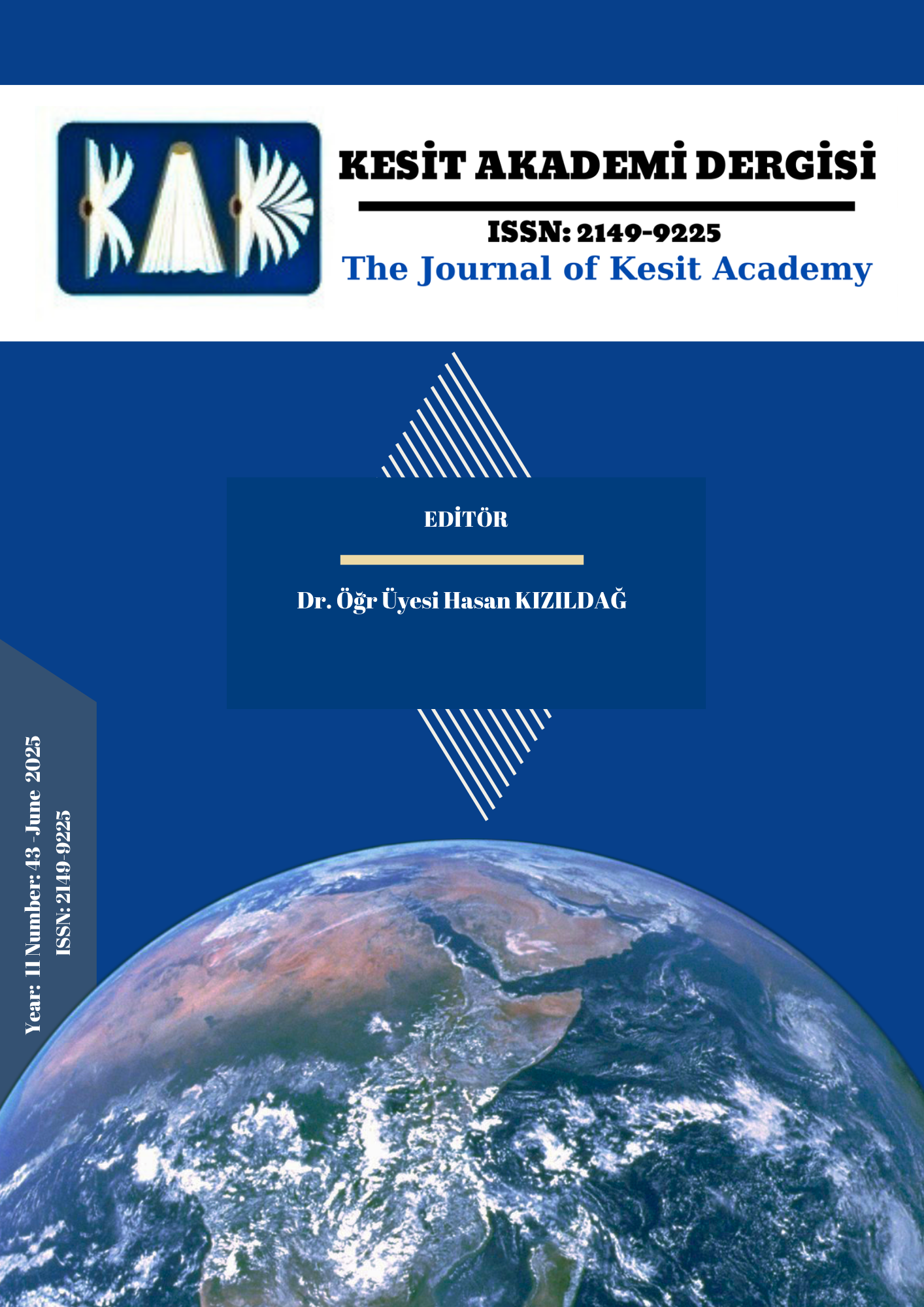Author :
Abstract
Çalışma, tekstil sektörünün en önemli sorunlarından biri olan sürdürülebilirlik konusunu, özellikle de ekolojik boyutunu derinlemesine incelemeyi amaçlamaktadır. Giderek artan çevresel endişeler ve tüketici bilinçlenmesiyle birlikte, moda endüstrisi de daha sürdürülebilir üretim yöntemlerine yönelmektedir. Keten ve kenevir gibi doğal liflerin, geleneksel tekstil malzemelerine çevre dostu bir alternatif olarak önemi vurgulanmaktadır. Tekstil endüstrisi, su tüketimi, kimyasal atıklar ve karbon emisyonları gibi birçok çevresel sorunla karşı karşıyadır. Bu çalışmanın temel amacı, sürdürülebilir moda kavramını daha geniş kitlelere tanıtmak, keten ve kenevir gibi doğal liflerin bu konudaki potansiyelini ortaya koymak ve sektörde sürdürülebilirlik için neler yapılabileceğine dair öneriler sunmaktır. Keten ve kenevir liflerinin üretim süreçleri, özellikleri ve tekstil endüstrisindeki kullanım alanları detaylı bir şekilde ele alınmıştır. Bu liflerin su ve kimyasal kullanımını azaltması, dayanıklılıkları ve doğal antibakteriyel özellikleri gibi avantajları sayesinde sürdürülebilir moda için ideal malzemeler olduğu belirtilmiştir. Denim kumaşının tarihi, üretim süreçleri ve denim dokumacılığında kullanılan melez kumaşlar hakkında bilgi verilmiştir. Denim üretiminin çevresel etkileri ve sürdürülebilir denim üretimi için yapılan çalışmalar incelenmiştir, böylece; Keten ve kenevir gibi doğal liflerin tekstil endüstrisinde sürdürülebilirliği artırmada önemli bir rol oynayabileceği sonucuna varılmıştır. Özellikle denim gibi popüler bir kumaş türünde keten ve kenevir karışımlarının kullanılması, hem çevresel etkileri azaltmakta hem de tüketicilere daha sürdürülebilir ürünler sunmaktadır. Bu çalışma ile tekstil üreticileri, tasarımcılar ve tüketiciler için sürdürülebilir moda konusunda farkındalık yaratması ve sektörde daha çevre dostu uygulamaların yaygınlaşmasına katkıda bulunması hedeflenmektedir.
Keywords
Abstract
This study aims to conduct an in-depth examination of sustainability, particularly its ecological dimension, as one of the most pressing challenges facing the textile industry. With growing environmental concerns and increasing consumer awareness, the fashion industry is shifting towards more sustainable production methods. The study highlights the significance of natural fibers like flax and hemp as eco-friendly alternatives to conventional textile materials. The textile industry grapples with numerous environmental issues, including water consumption, chemical waste, and carbon emissions. The primary objective of this research is to promote the concept of sustainable fashion to a wider audience, demonstrate the potential of natural fibers like flax and hemp in this regard, and offer recommendations for fostering sustainability within the industry. The study delves into the production processes, properties, and applications of flax and hemp fibers within the textile industry. The advantages of these fibers, such as reduced water and chemical usage, durability, and natural antibacterial properties, position them as ideal materials for sustainable fashion. The history of denim fabric, its production processes, and blended fabrics used in denim weaving are discussed. The environmental impacts of denim production and ongoing efforts to achieve sustainable denim production are explored. The study concludes that natural fibers like flax and hemp can play a significant role in enhancing sustainability within the textile industry. The use of flax and hemp blends in popular fabrics like denim can both reduce environmental impacts and provide consumers with more sustainable products. This research aims to raise awareness about sustainable fashion among textile manufacturers, designers, and consumers, and to contribute to the widespread adoption of more environmentally friendly practices within the industry.





